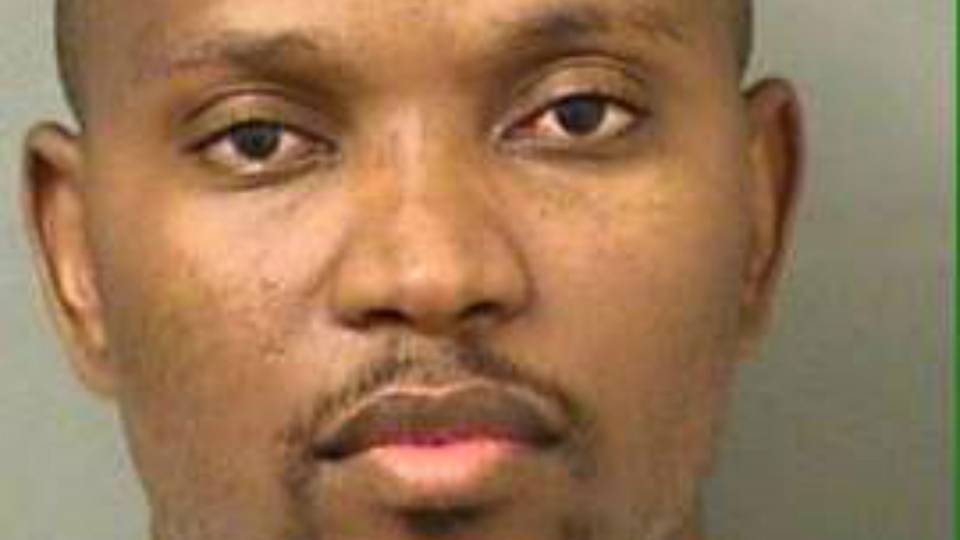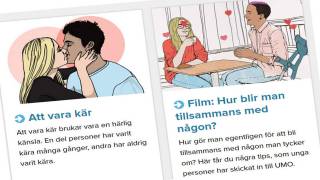Uber driver ‘terrorized’ women, tried to exchange rides for sex, police say
Police in Florida have arrested a man who worked as an Uber driver and accused him of sexually assaulting three women this year.
Xolani Mtsitsha of Boca Raton was arrested Thursday and faces sexual battery charges, according to a statement posted on Facebook by the Boynton Beach Police Department.
Mtsitsha, who police said “terrorized three women in our city this year,” is being held on $150,000 bond in the Palm Beach County Jail, police said.
Police said the assaults took place in January, June and July and were carried out in the same location — an industrial area on the city’s southeast side.
According to a police report cited by the Sun Sentinel, Mtsitsha told police that two of the women offered him sex in exchange for giving them a lift.
One woman, the report states, refused to have sex with him without a condom before he unexpectedly drove her to the industrial location and raped her. He agreed to take a second woman to a homeless shelter before driving her to the same location without warning, the report states, according to the paper.
“When they arrived, she realized she was in danger and began to cry, the report said,” the Sun Sentinel reported. “The man held her face down and raped her before dropping her off around Clint Moore Road, the report said.”
“The woman told investigators that the man kept saying, ‘You’re making me mad, you don’t want to get me mad.’ ”
The woman allegedly assaulted in July was able to give police Mtsitsha’s license plate number, allowing them to track him down, the paper reported.
After acquiring a DNA sample and reviewing cellphone records, investigators were able to execute a search warrant, the paper reported.
In their statement online, police credited investigator Raymond Lagor for his “Phenomenal” work in tracking the suspect down.
“Inv. Lagor spent countless hours pursuing leads and following the trail of evidence that led directly to Mtsitsha,” the statement said. “It is possible there are other victims.”
An email to Uber was not immediately returned, but a spokesperson told the Palm Beach Post that Mtsitsha began driving for the company in February, a month after the first assault is alleged to have occurred.
The spokesperson also confirmed that he has been banned from the app.
Uber does screen people’s criminal history before allowing them to become drivers, and Mtsitsha had no criminal history, the Post reported. That means the ride-sharing app would not have had access to information that may have disqualified him from signing up, the spokesperson said.
Uber drivers without criminal histories have committed crimes. Just to name a few, Uber drivers in recent years:
Have been involved in a racially motivated choking incident and an anti-gay assault.
Have been arrested for drunken driving at the Super Bowl.
Have been charged with rape.
Patrick Karajah, 26, a driver in Pacifica, Calif., had no criminal record. But in 2014, he pleaded guilty to felony charges of assault with a deadly weapon and battery with serious bodily injury. Officials said he struck a 25-year-old passenger in the head with a hammer, fracturing the man’s skull, after an argument about the route Karajah was driving.
Uber has defended its screening process before.
In a detailed statement explaining its procedures last year, the company said that all drivers must undergo a screening process performed by Checkr, which Uber said is “nationally accredited by the National Association of Professional Background Screeners.”
“People wanting to sign up as a driver-partner with Uber are required to provide detailed information, including their full name, date of birth, social security number, driver’s license number, a copy of their driver’s license, vehicle registration, insurance, and proof of a completed vehicle inspection,” the statement said. “With the potential driver-partner’s approval, Checkr then looks into his or her background. They run a social security trace to identify addresses associated with the potential driver-partner’s name during the past seven years, and then searches for his or her name and addresses in a series of national, state and local databases for convictions in the last seven years.”






















